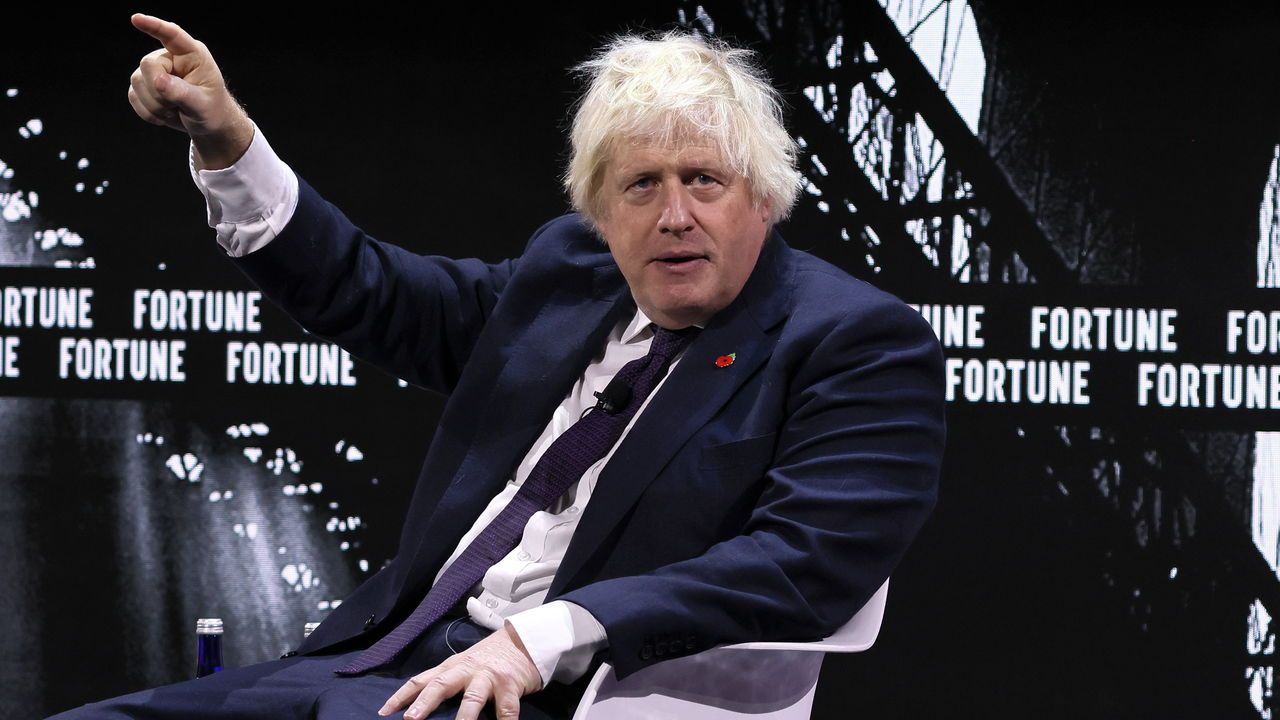- by
- 01 30, 2025
-

-
-
Loading

Loading

MPMPMP TVMPMPAIMatthew is preparing for a special end-of-year edition of Blighty (more on that next week). As the new deputy editor of the Britain section, I am filling in this week. I have been particularly struck by some of our original journalism.Speculation abounds on how artificial intelligence will transform the way we live and work. But how might it change politics? For better or worse, it will surely have a profound impact. One positive prospect is that it will help shed light on otherwise obscure areas of political life, and offers one intriguing example. My colleague James Fransham used to unscramble the messy data from s’ financial disclosures to analyse their earnings since 2010 from what might be called the media-gig economy: journalism, television appearances, public speaking and the like.The numbers are not trivial: in all, over the past 15 years s have made £65m ($83m) from second jobs, of which £27m was for what can broadly be categorised as media moonlighting. As someone who has for several years until this month focused mainly on America, I find it hard to be shocked by such figures: the wealth of the richest members of Congress, such as Senator Rick Scott of Florida or Nancy Pelosi, a former House speaker, amounts to several hundred million dollars, and the media money made by the average could seem like a drop in the Potomac. Still, the details are revealing.Many people might be surprised to learn the extent to which fees for speeches dominate the earnings from media moonlighting. In 2010-24 this accounted for £16.5m, or more than 60%, of the £27m total. was paid more than a quarter of a million pounds for one appearance in Colorado. By comparison, the amounts earned from print journalism or appearances seem paltry.Less surprising is that money follows power, albeit with a bit of a lag. The ministerial code prohibits ministers from doing paid media work, but once they step down they can cash in. So in the early years James looked at, from 2010 to 2014, Labour s, who had lost office in May 2010, dominate the media earnings. Thereafter, the Conservatives take the lion’s share. Four of the top-ten media-gig earners are former prime ministers. Even a lettuce-like length of time in office is enough to make it into that list.The media-gig economy will come under scrutiny in the coming months by Parliament’s Modernisation Committee, which will explore whether such activity serves the public or should be restricted because of conflicts of interest. It is a legitimate question. In the broadest sense, though, it is clearly a good thing if MPs have interests and activities beyond politics. Parliament could do with s with more of what Denis Healey, a former Labour chancellor, called hinterland, not less—including in future some with hands-on experience of .